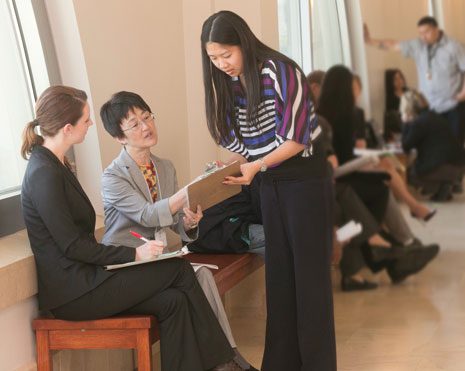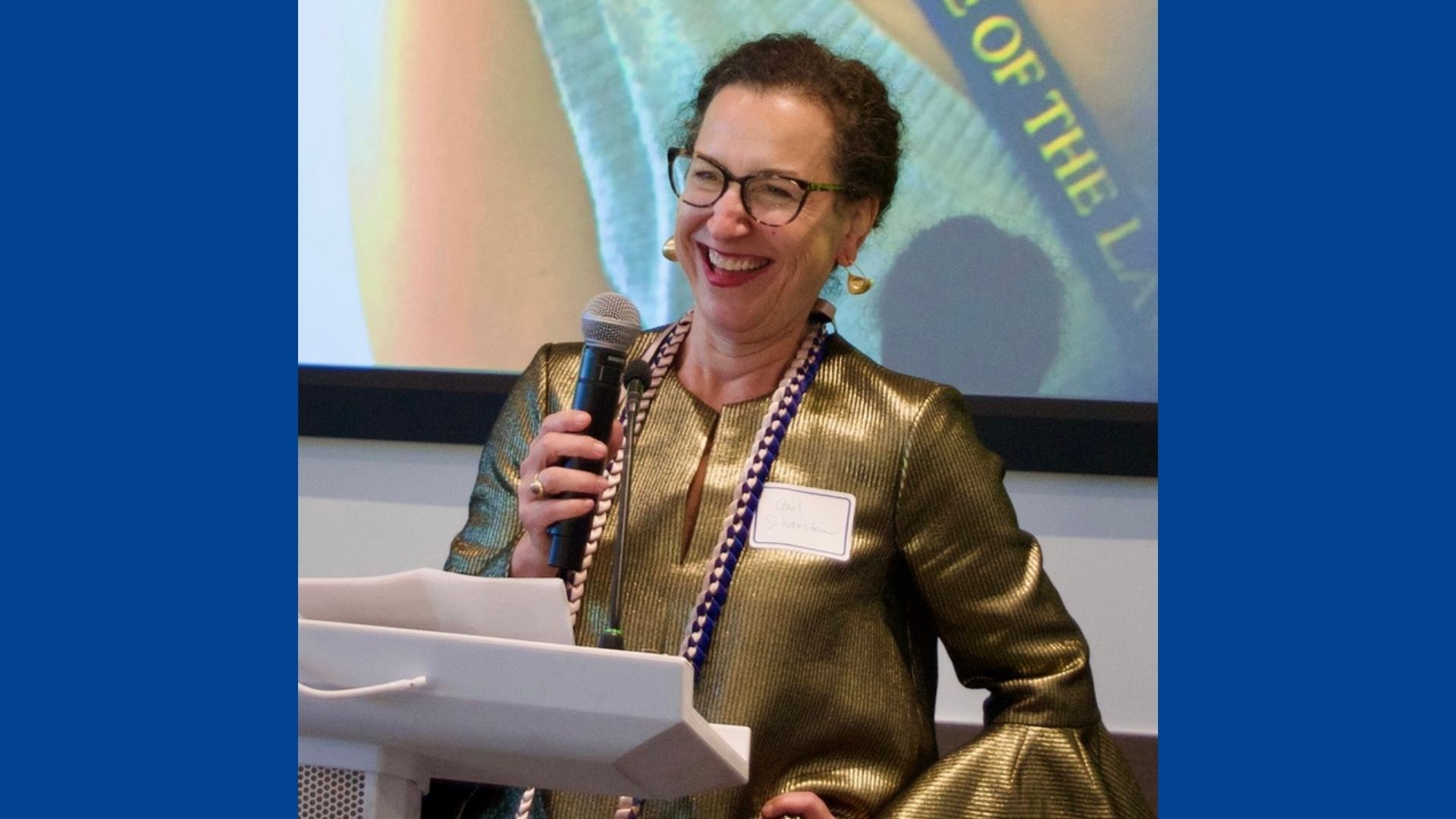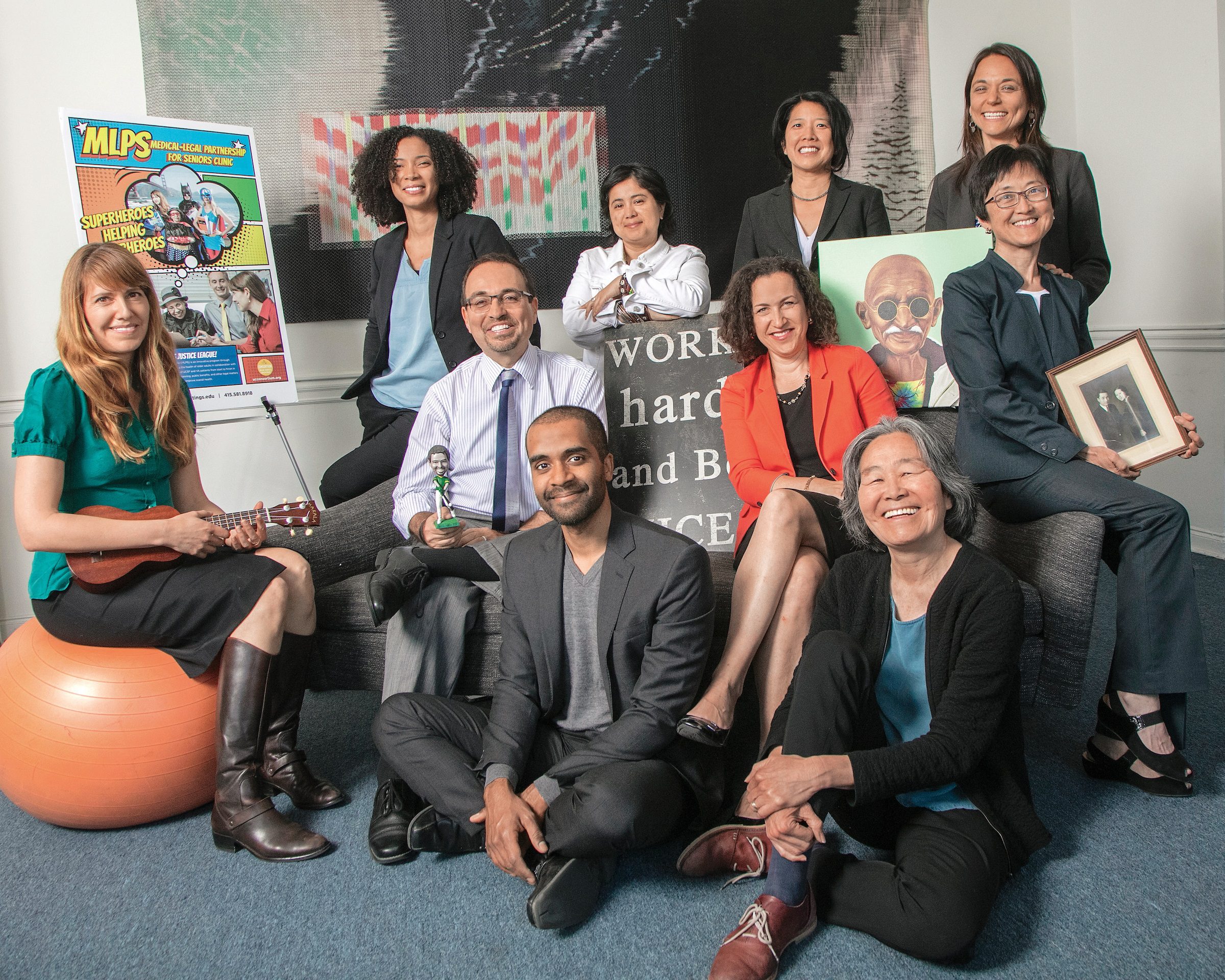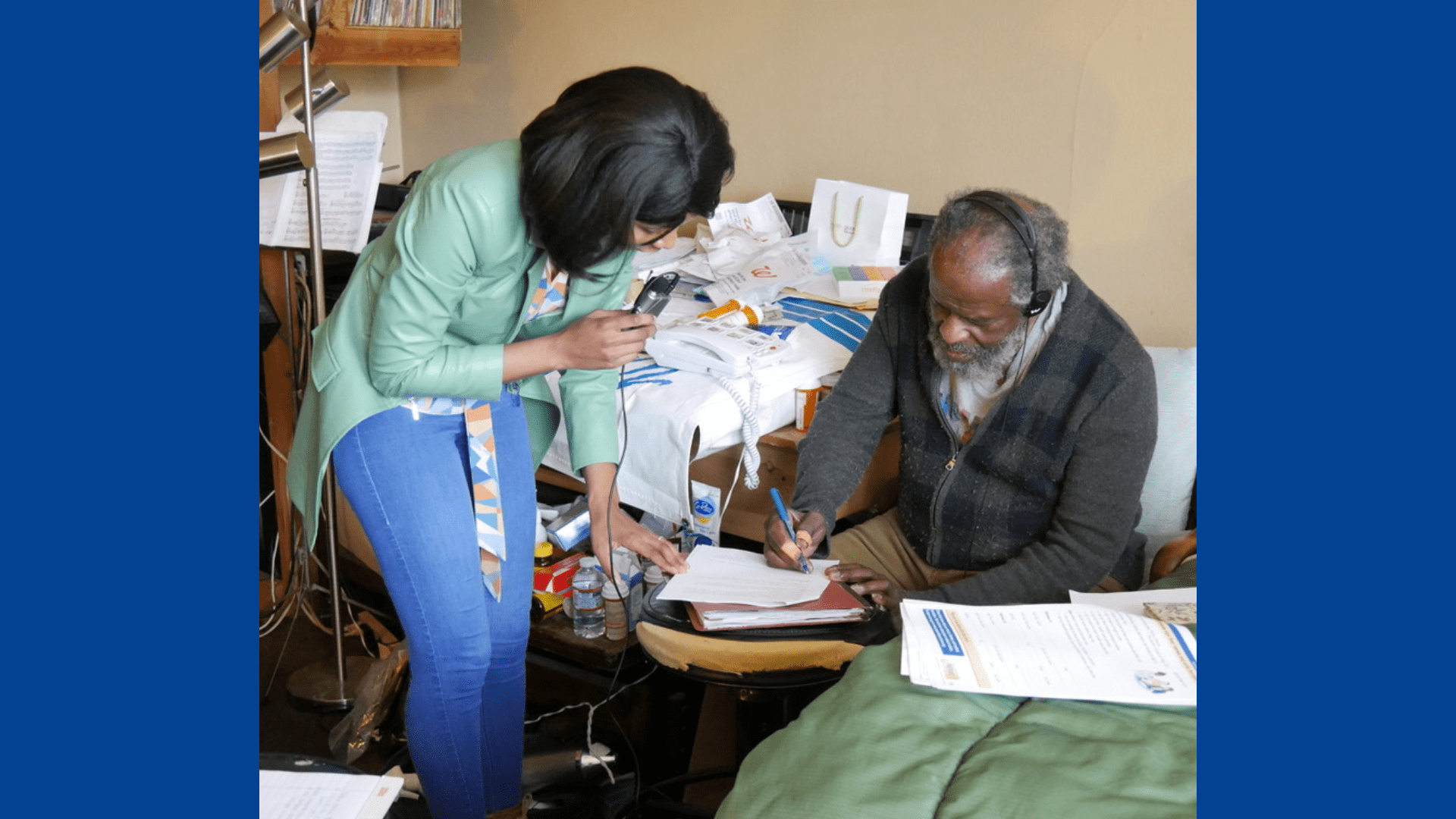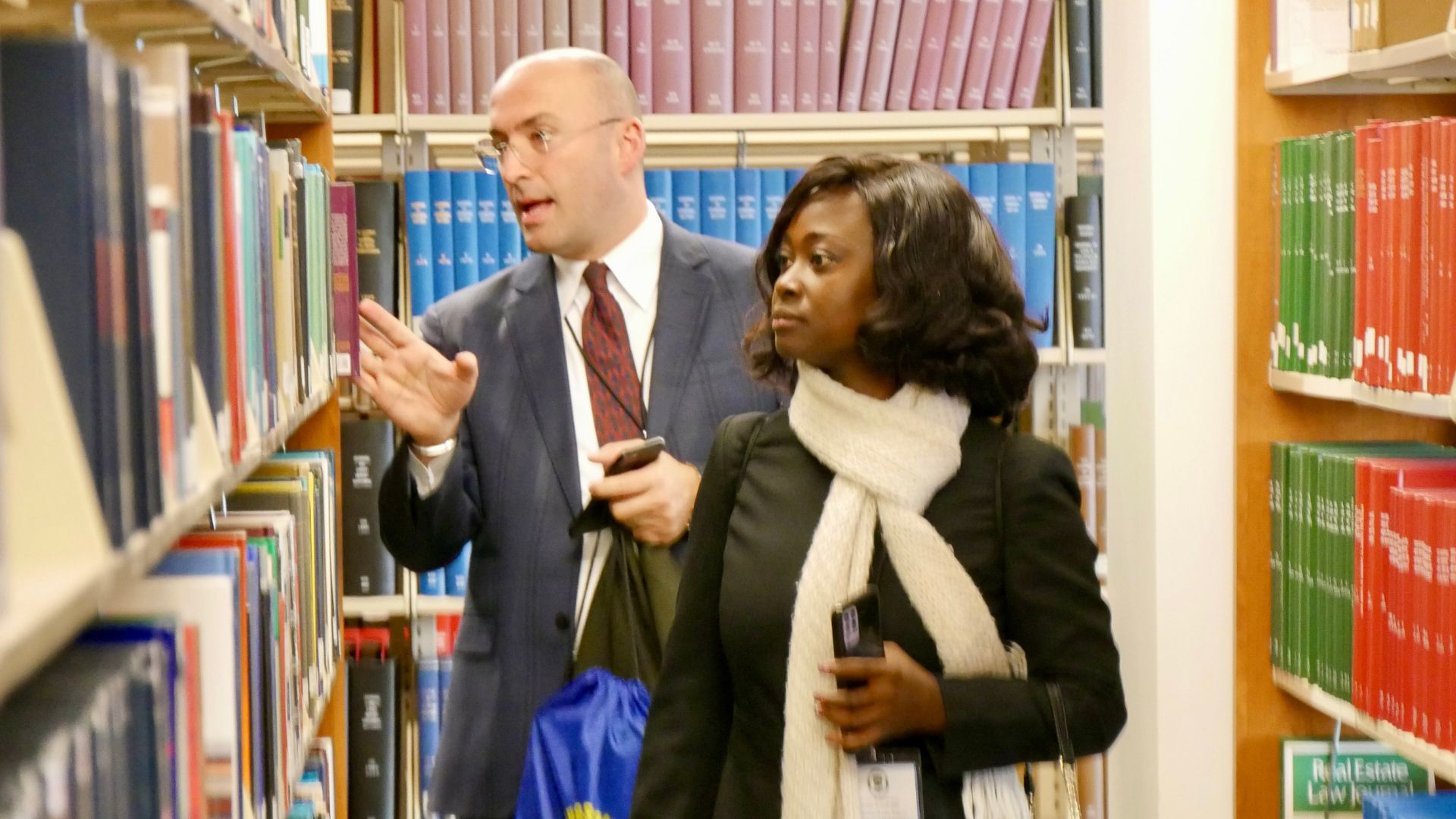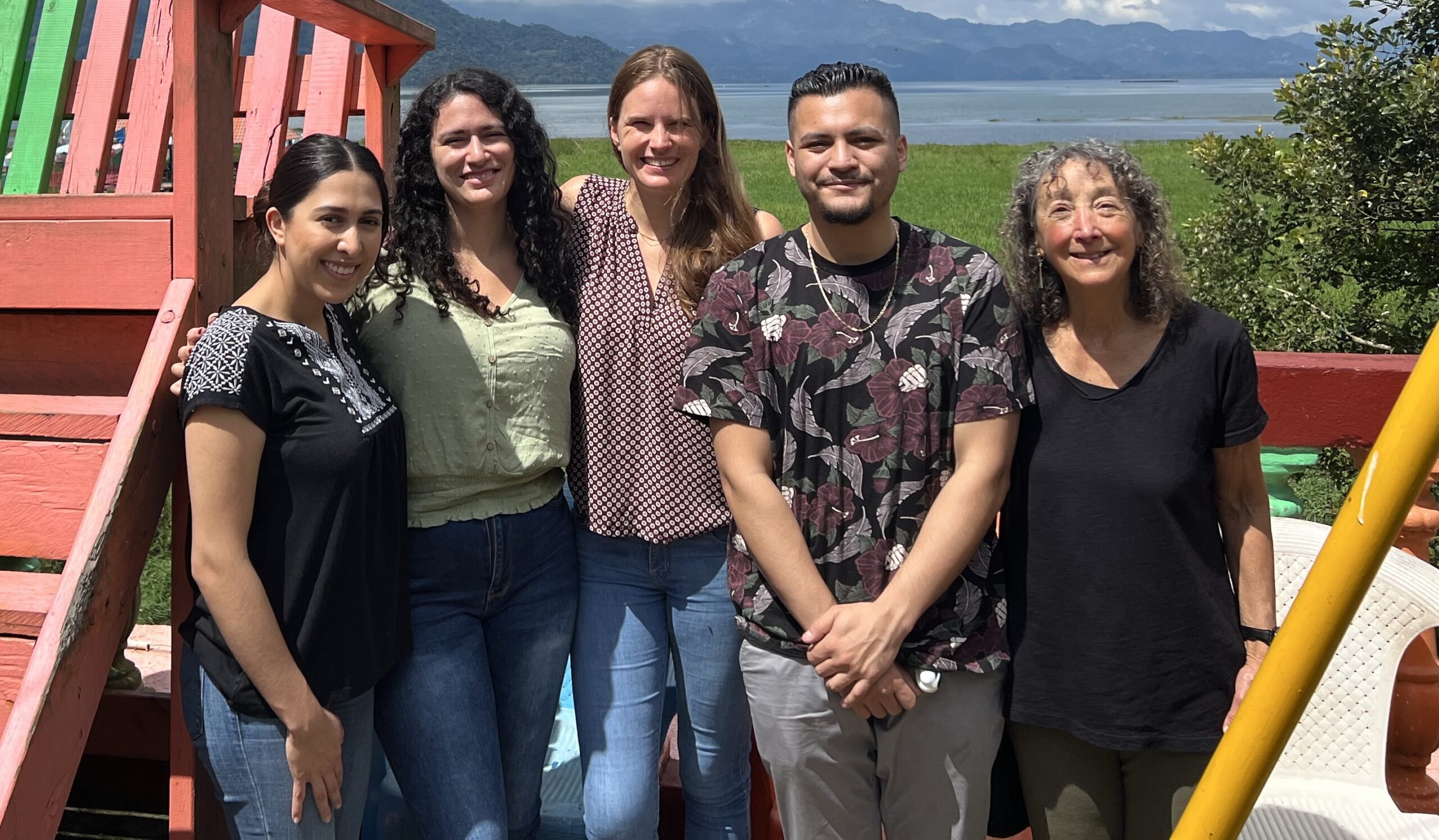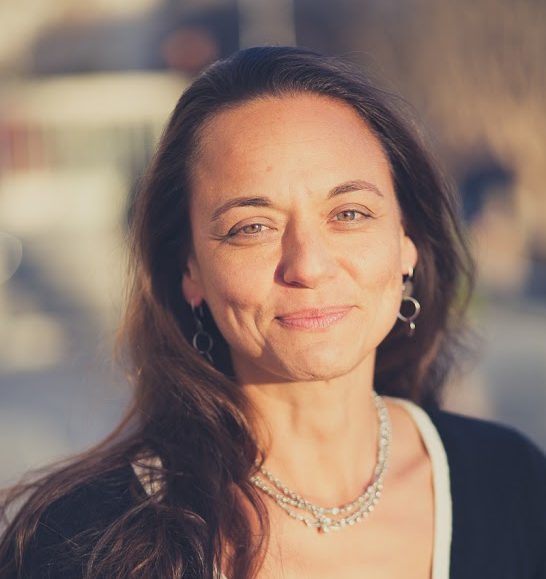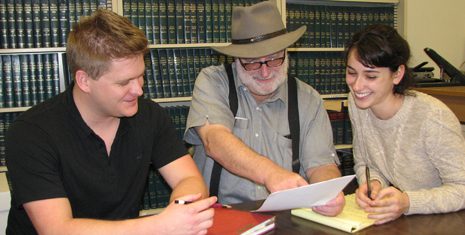Ascanio Piomelli Recognized Nationally for Clinical Excellence, Social Change Scholarship
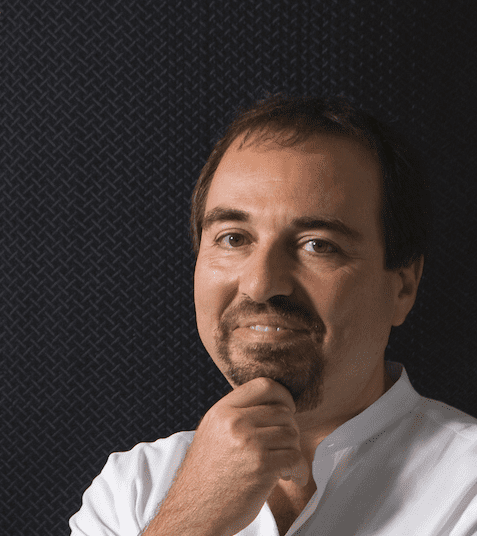
Professor Ascanio Piomelli has received the Ellman Memorial Clinical Scholarship Award, recognizing his decades of work as a clinical legal educator and scholarly writing that advocates for advancing justice and equity in society.
Faculty Who Lead: Ascanio Piomelli
- The Association of American Law Schools’ (AALS) Section on Clinical Education has selected UC Law SF Professor Ascanio Piomelli for the Ellmann Memorial Clinical Scholarship Award.
- The award recognizes scholar-teachers whose careers are dedicated to experiential learning and whose written work shows a concern for justice and improving society.
- Strong clinical experience and the ability and knowledge needed to advance justice and change are hallmarks of UC Law SF’s leading curriculum.
- UC Law SF is one of only two clinical programs in the nation whose faculty have received the AALS Clinical Education Section’s three major awards.
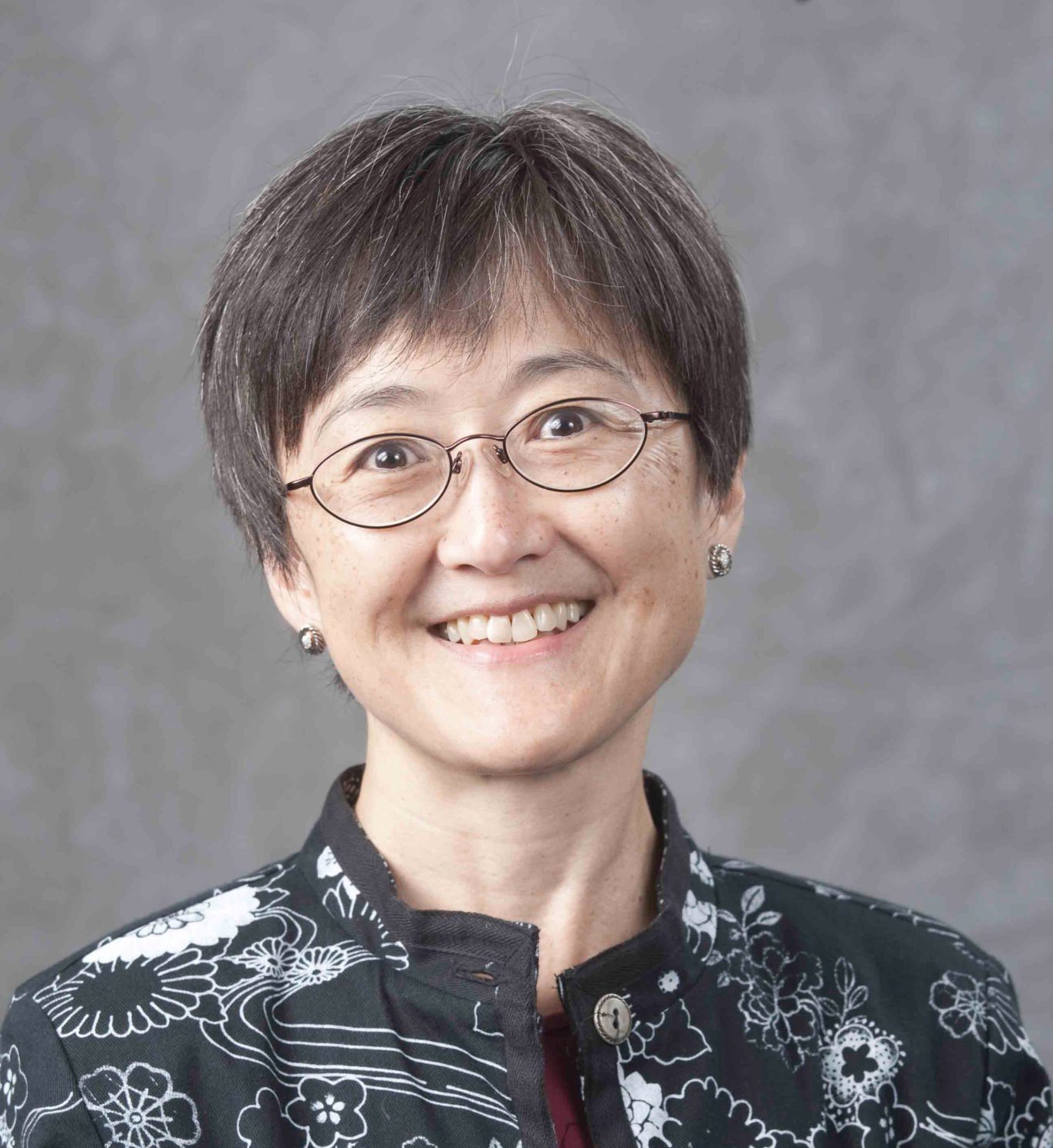
2018 Pincus Award for Lifetime Achievement Winner – UC Law SF Emerita Professor Carol Izumi
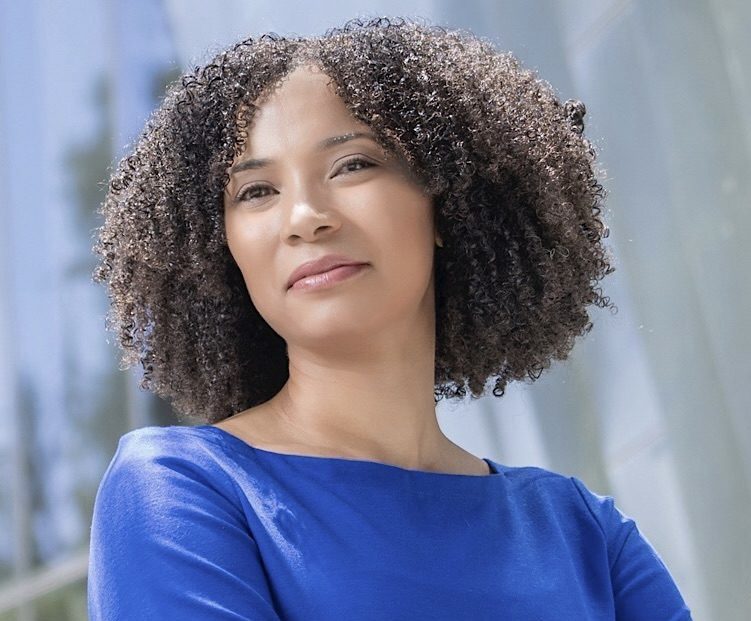
2018 Shanara Gilbert Award Winner — UC Law SF Professor Alina Ball
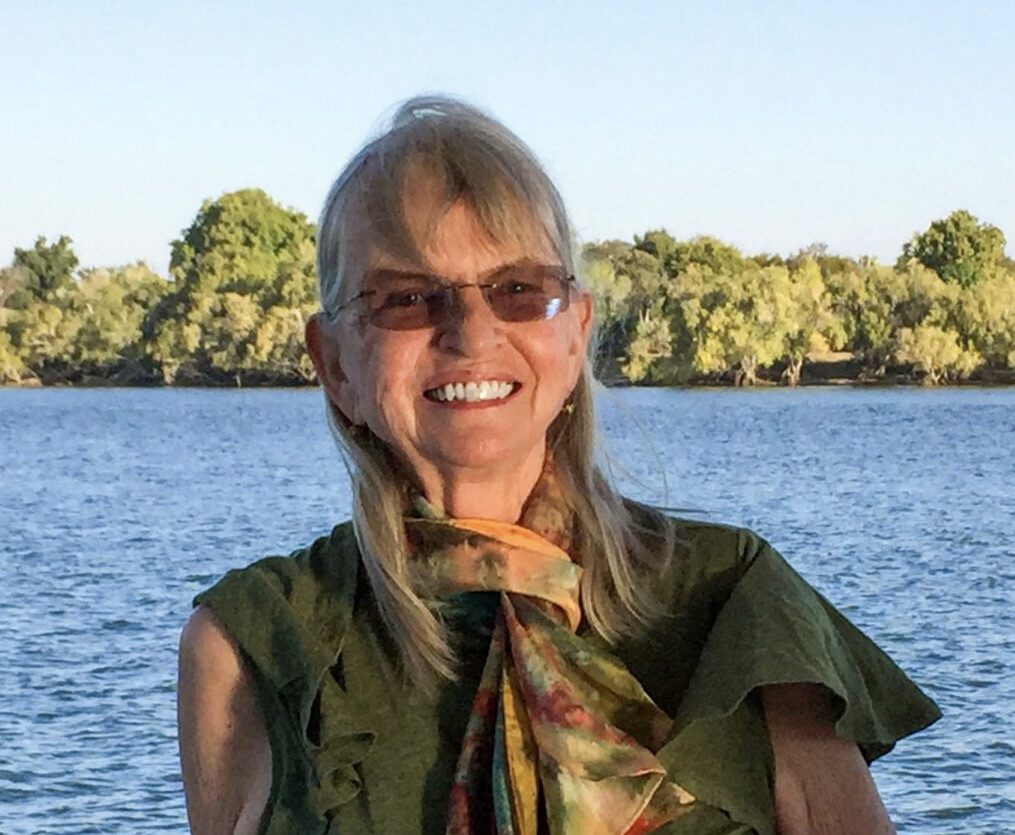
1990 Pincus Award for Lifetime Achievement Winner – UC Law SF Emerita Professor Bea Moulton
Ellmann Memorial Clinical Scholarship Award honors “clinical and experiential teaching” and “a commitment to healing the world”
Professor Ascanio Piomelli, a leader in clinical education, has received the Ellmann Memorial Clinical Scholarship Award from the AALS Section on Clinical Education. The award honors law professors and scholars who have devoted their careers to clinical teaching and whose “written body of work evinces a concern for justice and a commitment to healing the world.”
For over 30 years at UC Law San Francisco, Piomelli has guided law students in practical learning experiences to promote justice. He joined UC Law SF in 1992 and helped establish UC Law SF’s in-house clinical program, now known as the Community Justice Clinics. He previously served multiple terms as the College’s Associate Dean for Experiential Learning and currently serves as advisor for UC Law SF’s social justice lawyering concentration – a program he helped establish.
“Receiving the Ellmann Memorial Clinical Scholarship Award is a gratifying affirmation that my national peers believe my body of published work has made a lasting contribution to clinical legal education,” Piomelli said. “I hope the award will encourage faculty who aren’t yet familiar with my work to assign it in their classes, because social-justice-minded students and young lawyers are an important audience I’m trying to reach. I’m hoping to impact how they conceive and implement their lawyering, to introduce them to alternatives to conventional public interest lawyering.”
Piomelli’s scholarship focuses on social change lawyering, examining its complexities and advocating for collaborative approaches in which lawyers work alongside, rather than simply on behalf of, the clients and communities they serve. He teaches clinics that provide hands-on training for law students as they represent individuals (with issues such as employment disputes, disability insurance, and criminal record expungement) or work with activist groups to pursue progressive social change.
“This award is an incredible honor and speaks highly not only of Professor Piomelli but of UC Law San Francisco and the esteem of our clinical program,” said Clinical Professor Gail Silverstein, Associate Dean of Experiential Learning and Faculty Co-Director of the Center for Social Justice at UC Law SF.
UC Law SF is one of only two clinical programs in the nation whose faculty have received the AALS Clinical Section’s three major awards. Emerita Professor Carol Izumi and late Emerita Professor Bea Moulton won the Pincus Award for lifetime achievement in 2018 and 1990 respectively. Professor Alina Ball won the Shanara Gilbert Award as an outstanding emerging clinician in 2018.
Prior winners of the Ellmann Award include Anna Carpenter of the University of Utah S.J. Quincy College of Law and Colleen Shanahan of Columbia Law School ; Deborah Archer of New York University School of Law; Richard J. Wilson of American University Washington College of Law; and Sameer Ashar of University of California, Irvine School of Law.
